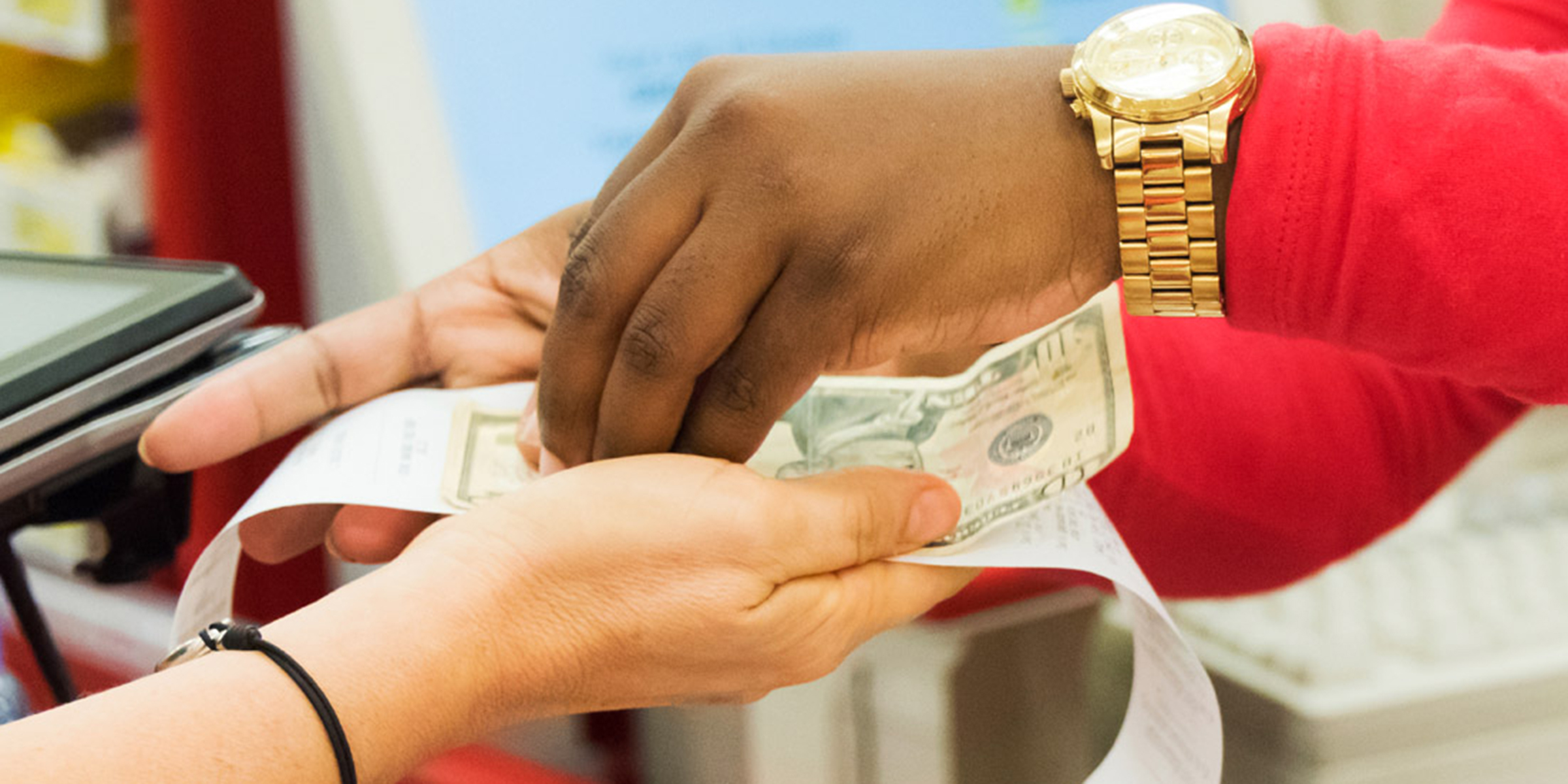If you’ve overspent and struggled with your finances because you’re living outside your means (and it’s very easily done) then you may want to turn your thoughts over to how to spend your money more wisely.
It’s too easy to fritter your money away, but to turn your finances around, you need to put measures in place so that you don’t continue to do so. That’s why we’ve put this quick article together. We’re going to give you 10 tips on spending your money more wisely, and with any luck there’ll be a little nugget in there or two that could really help you on your way. Here goes!
1) Use price comparison sites to lower your monthly bills
These days, there are multiple price comparison sites you can use. You simply head over to the site, decide which bills you want to save money on, fill in a quick form, and a range of cheaper options will be presented to you. And changing service providers is easier than you might think.
2) Set up a savings standing order
Instead of waiting til the end of the month and seeing how much, if any, money you have left over, you can arrange for an amount to be deducted each month to go directly into a savings account. This way you can save up for such things as those bills that only come once every few months, or you can save up for car repairs, or you can save up for the holidays (Christmas can be particularly expensive).
3) Take out a loan to consolidate your debts
If, like many people, you have accrued multiple credit card debts, you can pay them all off in one swift move. You could take out a personal loan, for example via a CreditNinja Rhode island loan application, and use this money to clear all your outstanding credit card debt. That way you don’t have to worry about paying an extortionate amount of interest on them, and just pay one, lower, flat amount per month.
4) Cut down on takeout food
Most people eat three meals a day plus snacks. It’s something we tend to buy no questions asked because we always need food. And while takeout can be a nice treat, they sure do cost a lot of money. And more often than not they’re so filling that we don’t always eat it all and end up wasting a lot. But you may find that if you take up cooking from scratch, you not only gain a new hobby, but also save money in the process.
5) Set yourself financial goals and targets
Everyone has something they would like to save up for. Imagine not having to use your credit cards to pay for Christmas presents for your family and friends. Or better yet, imagine saving up enough money to treat you and your loved ones to a nice vacation – you could go anywhere! But if you don’t set yourself a financial goal or target, it may not ever happen.
6) Cut down on clothes shopping
Sure clothes can look really nice, but trends can come and go, and what might look good one season is out of style the next. You don’t really need a lot of clothes. No one cares if you wear the same outfit more than once, or even on a regular basis.
7) Pay above the minimum on your credit cards
It may be tempting to only pay the minimum on your credit cards, because it feels like you have more money for other things. However, this is an example of bad spending. The longer you take to pay off your credit cards, the more interest you will be charged. Ideally, it’s best to pay off the full amount every month until you can do away with your credit cards altogether.
8) Use a budgeting book or app
You know, there are some really great budgeting tools out there. There’s a really good app called YNAB, which stands for You Need A Budget. It syncs all your spending details, and you can use it to plan how you’re going to spend every dollar of your incoming money. And it’s tweak-able, so if you have to overspend on one thing one month, let’s say shoes, you can then spend less money in another category, say takeout.
9) Start investing
Investing doesn’t mean buying shares on the stock market; instead, it means putting your money into anything that grows over time. So, if you’ve got extra cash lying around, consider setting up a high yield savings account or RRSP (Registered Retirement Savings Plan). With a high yield savings account, you get higher returns on your investments, whereas with RRSPs you invest through payroll deductions. Either way, at the end of the year you get to take advantage of any capital gains you made.
10) Automate your finances
The last step in becoming financially responsible is automating your finances. This means using software to handle your banking, bill paying, and investing needs. Some examples include Quickbooks Self Employed, Mint, and Wealthfront. Why not check them out?
Final Thoughts
So, there are several ways to spend your money wisely. Which ones will work best for you?
Cao!

Leave a Reply